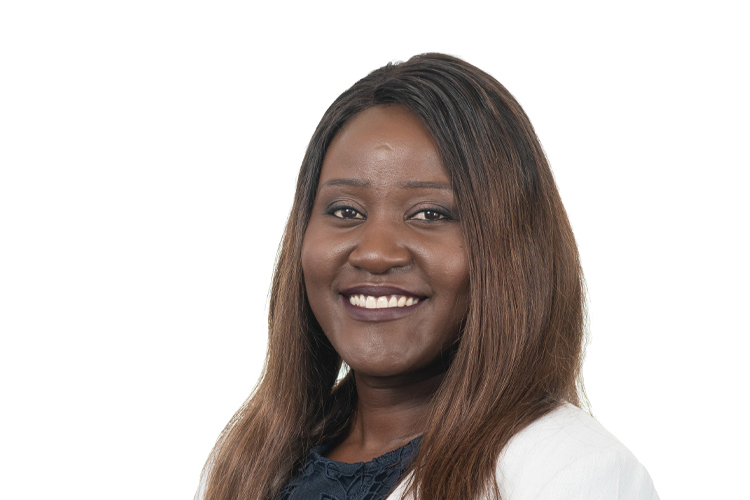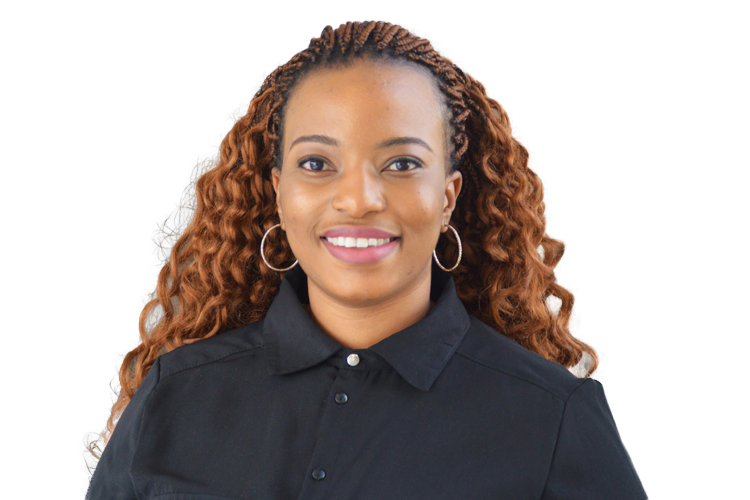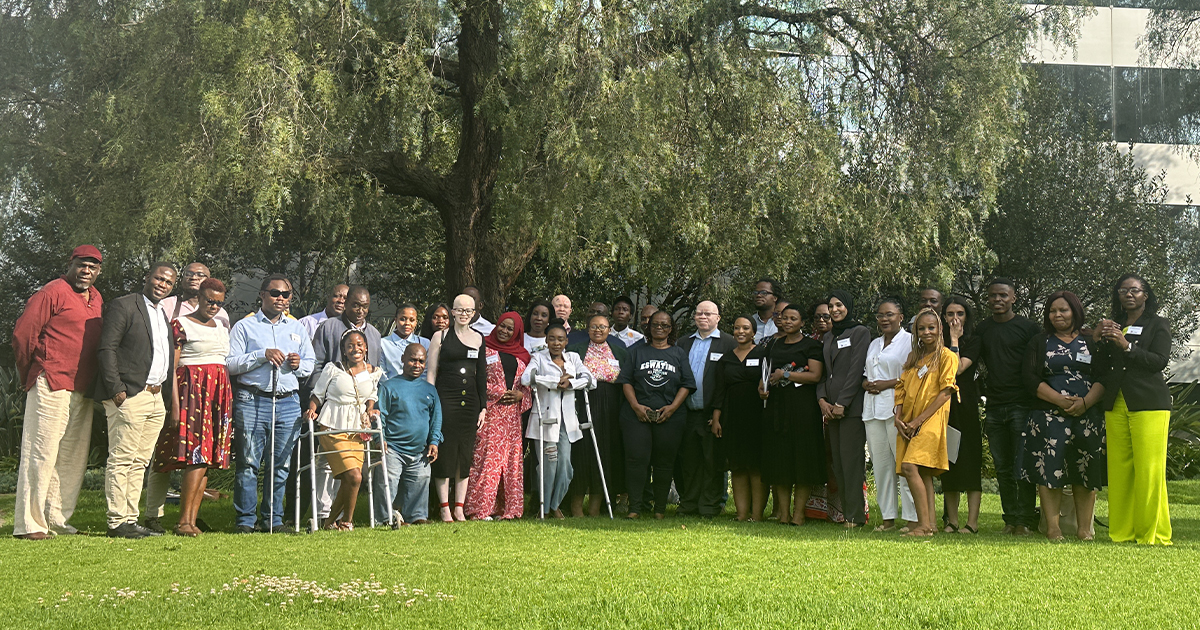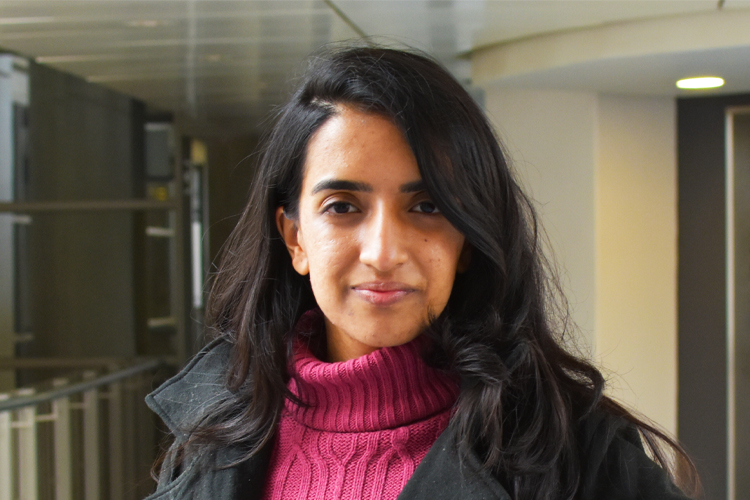Climate change is a global problem of epic proportions, which many countries around the world, including Africa, are grappling to address through a variety of measures and interventions. In order to be effective, these measures must be informed by and aim to fulfil all human rights and fundamental freedoms, leaving no one behind.
A persistent challenge for many countries, including those in Africa, is ensuring that measures addressing climate change and its adverse effects, including cyclones, droughts, floods and extreme weather patterns, are responsive to the specific needs and rights of marginalised groups, including persons with disabilities. Research indicates that climate change has a disproportionate impact on persons with disabilities who are more likely to sustain serious injuries or even death, and have a reduced ability to access healthcare services, food, water, transportation and emergency shelters during climate disasters. Nevertheless, persons with disabilities are often excluded from the measures responding to the impact of climate change. Moreover, research on climate change and disability is relatively underdeveloped, resulting in a dearth of data required to inform laws, policies and other responses. There is, therefore, a need to formulate disability-inclusive measures to effectively address the impact of climate change on persons with disabilities in Africa. This process needs to take place in close consultation and collaboration with persons with disabilities and their representative organisations.
Accordingly, the Centre for Human Rights, Faculty of Law, University of Pretoria convened the 11th Annual Disability Rights in Africa Conference with a focus on climate change and disability. The conference, titled, ‘Climate change and disability: A human rights response’ was held from 20 – 21 November 2023 in hybrid format at Southern Sun OR Tambo International Airport and online via Zoom. The conference convened a dialogue between disability rights activists, scholars, government officials, and other stakeholders on the continent on a wide range of topics related to climate change and disabilities. Some of the topics addressed at the conference include the impact of climate change on specific groups of persons with disabilities, including children, older persons and persons with albinism; the role of technology in mitigating the effects of climate change, climate litigation, and the role of global and regional human rights bodies and instruments, amongst others. About twelve African countries were represented at the conference, including South Africa, Kenya, Ghana, Nigeria, Zimbabwe, Eswatini, Zambia, Malawi, Uganda, Mozambique, Cameroon and Tanzania. At the close of the two-day conference, delegates expressed a renewed commitment to advocating for the formulation of disability-inclusive responses to climate change in their respective countries, including the drafting of human rights friendly climate specific laws and policies.
Watch Video Recording
For more information,please contact:

Tel: +27 (0)12 420 6398
dianah.msipa@up.ac.za

Tel: +27 (0) 12 420 6398
t.mavunga@up.ac.za

